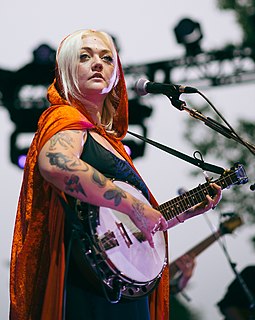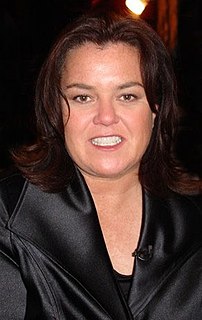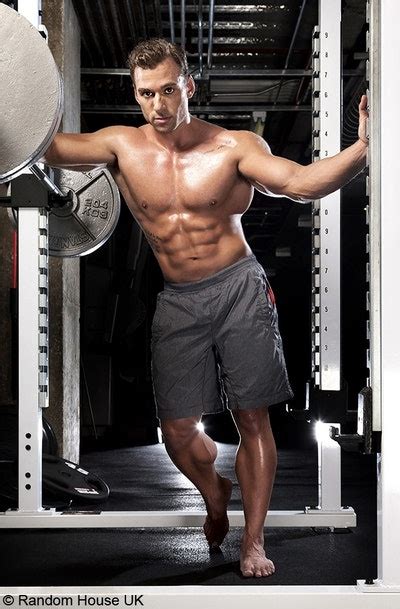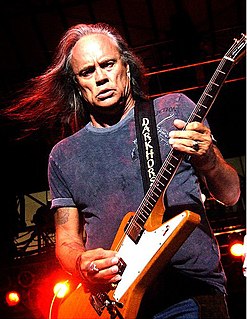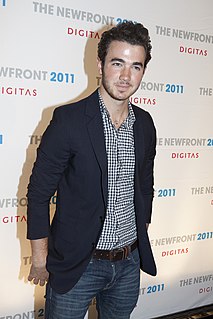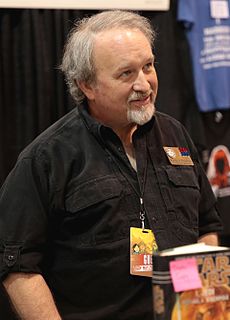A Quote by Lights
I got signed with the songwriting deal when I was sixteen and they were really great - my publishers, who to this day are still my publishers and are like my musical family, my second family - they took me in and taught me what a good song is.
Related Quotes
I really did feel like I was surrounded by family members. I didn't have a dad, and I remember there were all these guys - in the old days, there were no women, except a makeup artist or, occasionally, a script supervisor. So there were just guys who taught me how to, you know, whittle wood, or how to pull focus, and what the camera was doing. And if I was being bratty, they'd sit me down and tell me. There were lots of rules about not being late and making sure that you didn't spill anything. So it felt a little bit like I was in a family.
In high school, in 1956, at the age of sixteen, we were not taught "creative writing." We were taught literature and grammar. So no one ever told me I couldn't write both prose and poetry, and I started out writing all the things I still write: poetry, prose fiction - which took me longer to get published - and non-fiction prose.
I come from a very musical family. My dad taught me to play guitar. I play violin and drums as well. Violin, I started in elementary school. Drums actually came when I was in a program called 'Rock Star,' which was really awesome. We were doing a song by the Ramones, so I thought, 'Why not play the drums?'
My siblings and I were raised like tenants, to be honest. There was a total absence of intimacy in my family, though there was still a great deal of camaraderie among the kids. Things were set up almost like a business, and it had to be managed that way because we were really poor, and there were a lot of mouths to feed.
The worst thing a man can admit is 'I'm not 100 percent fulfilled by my family.' But it doesn't mean he doesn't love his family. I love my family, but I still want to work; I still want challenges. It took me a while to fall in love with the responsibility of family life, and it was a deep thing when I did.




